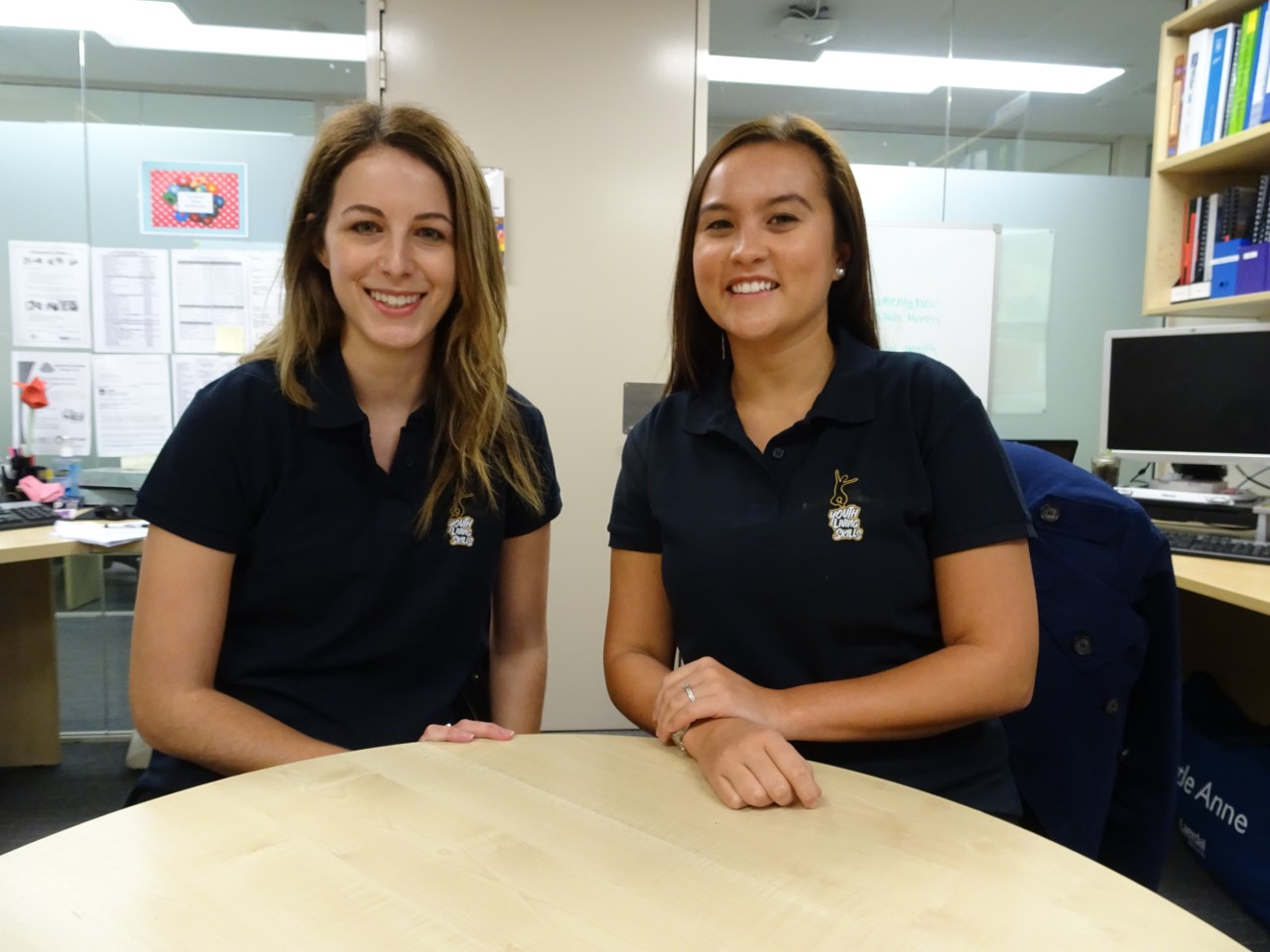Occupational Therapy in Rooty Hill and Blacktown
We are a registered NDIS service provider servicing Rooty Hill, Blacktown and surrounding areas. While we offer a range of services and supports, Occupational Therapy (OT) is one of our most popular services. Our team is full of experienced, friendly and enthusiastic OTs dedicated to helping our clients. We specialise in working with children and young adults with a variety of medical conditions and disabilities. Contact us now to make a booking on 0436489449
We come to you!
We are located in Rooty Hill but Our service is entirely mobile, and we see our clients at their home, school or workplace. Not only is this most convenient and easy for our clients, but it is an effective way to receive supports. We believe that to get the most out of Occupational Therapy, it should be delivered within your own environment. This is so the OT can structure and develop supports and interventions that are best adapted to your personal situation and needs.
The overarching goal of OT is to increase a person’s independence and functioning so they can live their best life and achieve their goals. A referral for OT (e.g. from a doctor) is not required. The OT process usually involves the following:
- Assessment – The OT will obtain a general background of the person’s current situation and level of functioning. This may include completing a standardised functional and NDIS recommended assessments but is not necessary. A key purpose of the initial assessment is to outline the person’s main goals which will be the focus of therapy.
- Treatment planning – Working closely with the person and their carers (e.g. parents), the OT will develop strategies and interventions to address the main goals identified in the assessment. It is often most useful to make goals specific, realistic and structured within a distinct timeframe.
- Implementation – There are generally two main methods in which OT interventions are provided:i) Developing the person’s skills and abilities to improve their overall functioning (e.g. teaching a child how to tie shoelaces).ii) Modifying their environment or implementing aids and equipment to better suit the functional needs of the person (e.g. grab rails, wheelchair, electronic devices).
The OT helps the person build specific skills, often involving breaking down tasks into smaller steps to heighten understanding and adoption. However, it is equally important for the person to utilise the skills learned in therapy into their everyday life. As with many things, mastering any skill requires repetition and practice.
- Review – The OT collaborates with the person and their carers to regularly evaluate their progress and how they feel they are advancing with their objectives. This is an opportunity to amend features of the therapy to better suit the person, as well as set new goals. As with any therapeutic relationship, it is crucial that the client and their OT have good rapport.

Common conditions we work with
Our OTs are adept at working with various disabilities including:
- Intellectual delay/disability
- Autism spectrum disorder
- Brain injury
- Spina bifida
- Cerebral palsy
- Congenital disorders
- Physical disabilities
- Limb amputations
- Behavioural difficulties
- Mental health conditions

Contact Information
PO Box address:
PO Box 121, Glenfield NSW 2167
Phone Number:
We will strive to respond to your enquiry within one business day.
